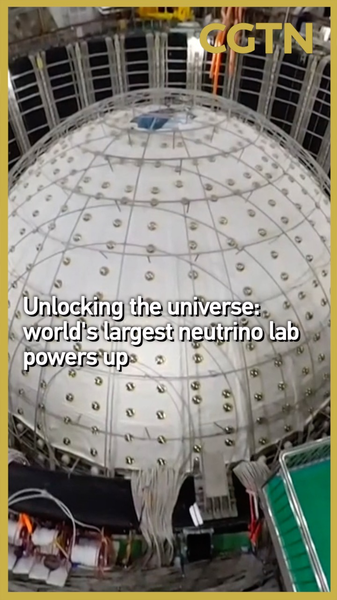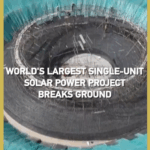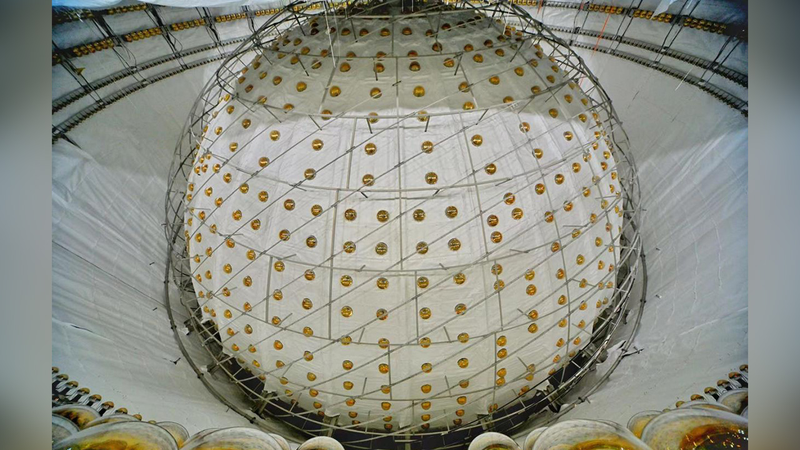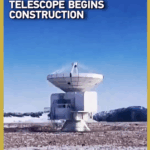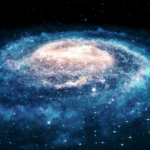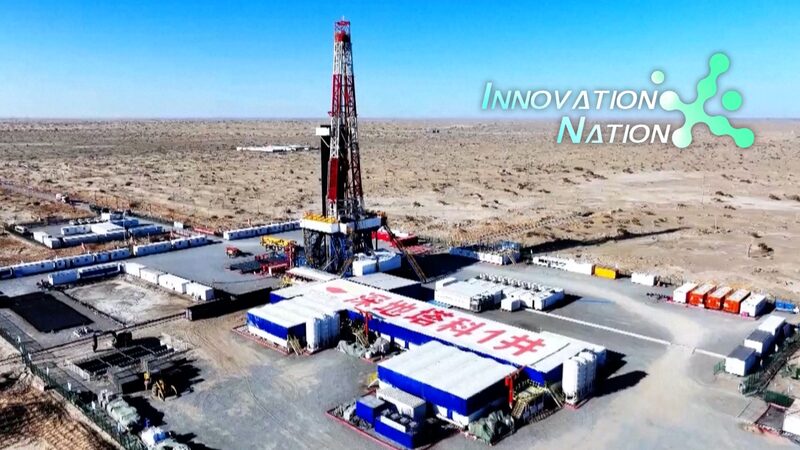Deep beneath the mountains of Guangdong Province, a scientific marvel has awakened. The Jiangmen Underground Neutrino Observatory (JUNO), the world's largest neutrino detection facility, officially began operations on August 26 after 10 years of construction. Buried 700 meters below ground, this $300 million project represents a leap forward in humanity's quest to understand the universe's most elusive particles.
Neutrinos – often called 'ghost particles' due to their near-zero mass and weak interactions – hold answers to fundamental questions about cosmic evolution. JUNO's 20,000-ton liquid scintillator detector will track these subatomic messengers from the sun, supernovae, and Earth's own radioactive processes. Nearly 700 scientists from 17 countries will collaborate to determine neutrino mass hierarchy, a discovery that could reshape particle physics and astrophysics.
"This isn't just a Chinese experiment, but a global effort," said project spokesperson Yue Qian, highlighting the facility's international partnerships. The observatory's unique location shields it from cosmic interference while positioning it equidistant from nuclear reactors in Yangjiang and Taishan, creating ideal conditions for precision measurements.
Beyond solving neutrino mysteries, JUNO's findings may reveal new insights into supernova mechanisms and Earth's geothermal activity. For investors and tech observers, the project demonstrates China's growing role in cutting-edge fundamental research, with potential spin-off applications in radiation detection and advanced materials.
Reference(s):
Unlocking the universe: World's largest neutrino lab powers up
cgtn.com
